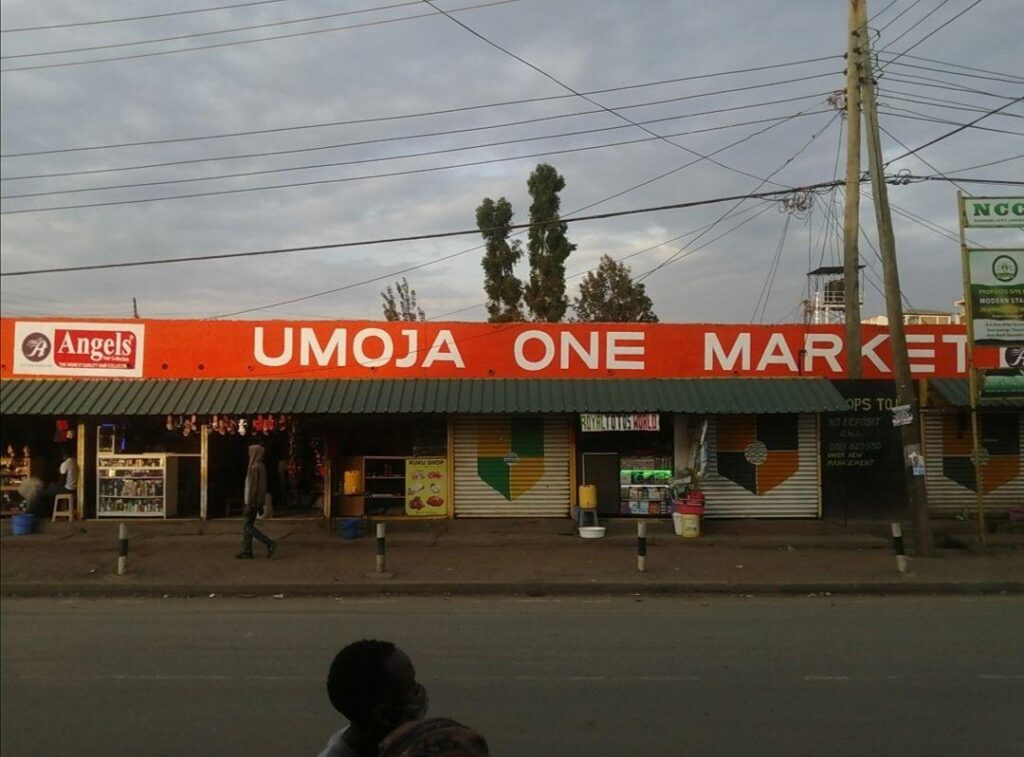
Umoja estate was built by the Nairobi City Commission in the 1970s mainly to provide housing for the growing urban population.
As it grew, it quickly became a place of refuge for dissidents and also a place that resisted the newly established govt of the late Daniel Toroitich Arap Moi.
Umoja was a clean and descent estate which has since grown into a slum like city with many unplanned buildings, some clearly on road reserves blocking what would be link roads.
During the 80s, Umoja was in the middle of the resistance movement against Moi.
“It was a clean, decent estate. Most graduate civil servants wanted to be there. We were musing over ideas. We brought the critical student politics into the working world. But while at the university we had much more freedom to question the government, that was not the case on the streets, especially if you worked for the government,” a civil servant who spoke to the Daily Nation in 2018 said.
Most of these people lived in Umoja, and were directly or indirectly involved in the struggle. The meetings took in pubs nestled in the famous “L” and “M” courts in Umoja, such as Ha Jacho, Kwa Wairimu and Mutindwa.
The underground movements were organised in cells of about five people, and the cells did not necessarily report to a higher level.
Umoja in 2020
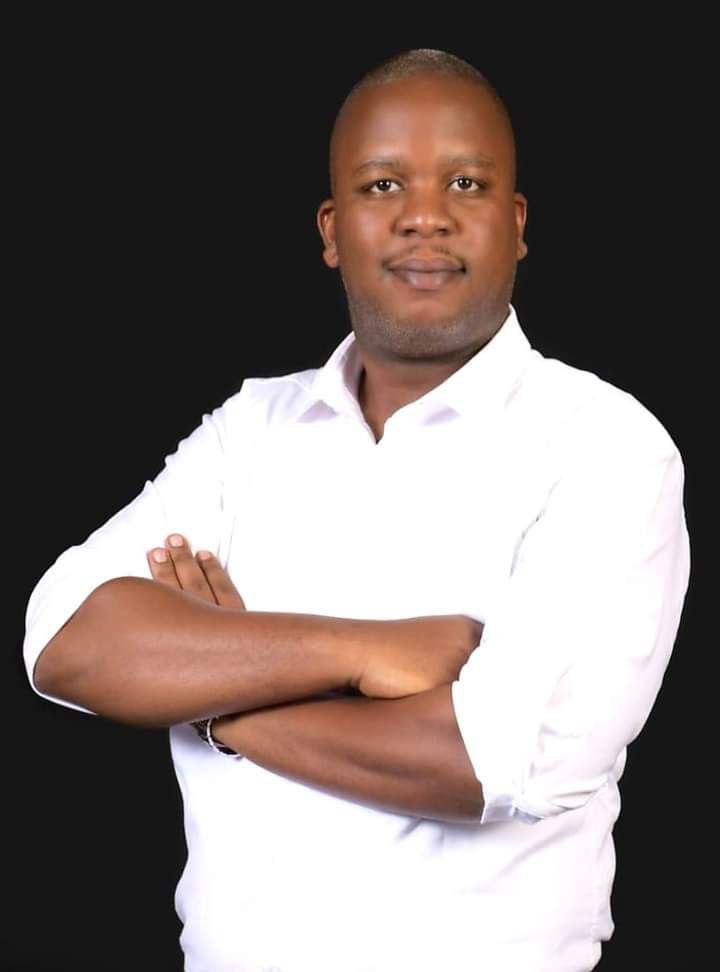
Politics
Umoja is located within the larger Embakasi in Nairobi Eastlands area.
houses within Umoja Estate, or Umo as popularly referred, consists of a standard four-bedroom bungalow design and four storey apartments in various courts. Many of the houses were at the beginning owner-occupied, but this has shifted as most resorted to letting them out. Others demolished the houses and built flats. The average asking rental price is about Sh20,000 per month for the standalone houses. The servant’s quarters go for about Sh5,000. One-bedroom apartments are about Sh10,000 and Sh15,000 for two bedroom apartments.
Umoja estate is divided into Umoja 1, Umoja 2, Umoja Innercore, Tenalands and part of Nasra Estate can also be considered to be in Umoja.
The constituency that encircles Umoja is now Embakasi West is led by Mark Mwenje since 2023. Mr Mwenje replaced George Theuri who was the area MP between 2013 and 2022.
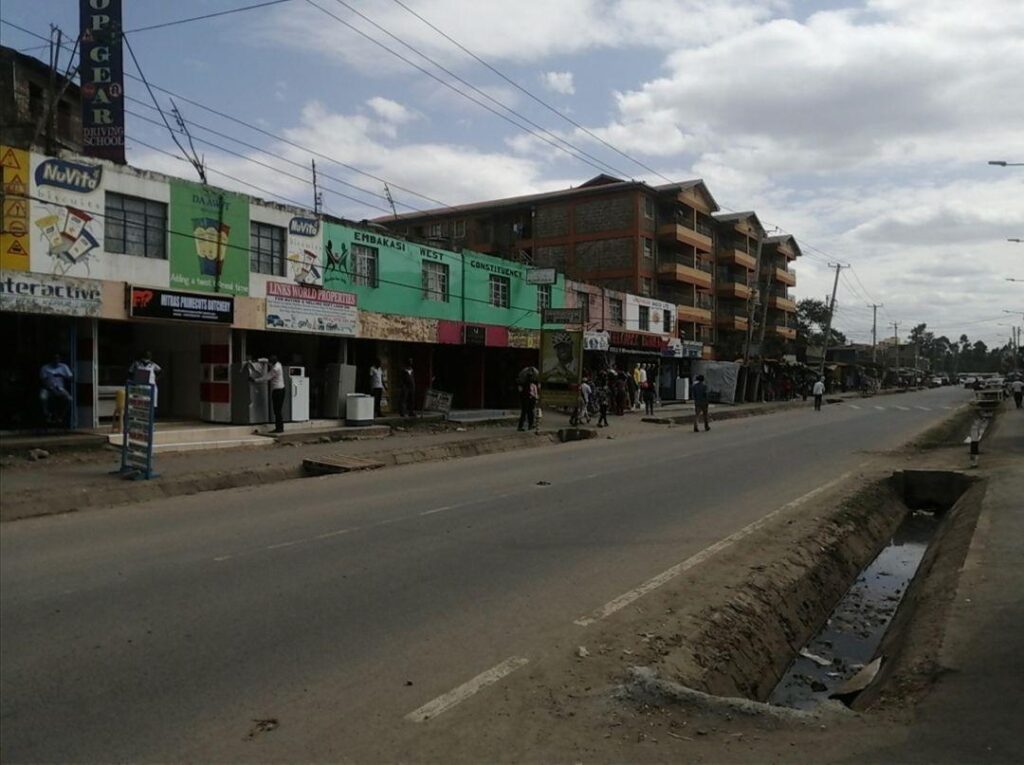
Past Members of parliament for the wider Embakasi are John David Kali (1963), B Mwangi Karungaru (1966 and 1969), Godfrey Muhuri Muchiri (1974 and 1983), Ezra H. Njoka (1974 and 1979), David Mwenje (1988, 1997 and 2002), Henry Ruhiu (1992), Mugabe Were (2007), and Ferdinand Waititu (2008).
The constituency has always largely been led by pro-government MPs, only Henry Ruhiu was Ford Asili, David Mwenje started with the Democratic Party, then joined Narc.
The win by a mostly opposition MP Mugabe Were was sadly cut after he was gunned down a few days after winning. Mugabe Were was an Orange Democratic Movement (ODM) Party MP.
Ferdinand Waititu was the last MP before the new constitution which replaced the name MP with MNA – Member of National Assembly.
After 7 years of George Theuri’s leadership, Umoja residents felt the need for change and elected a fresh politician Mark Mwenje.
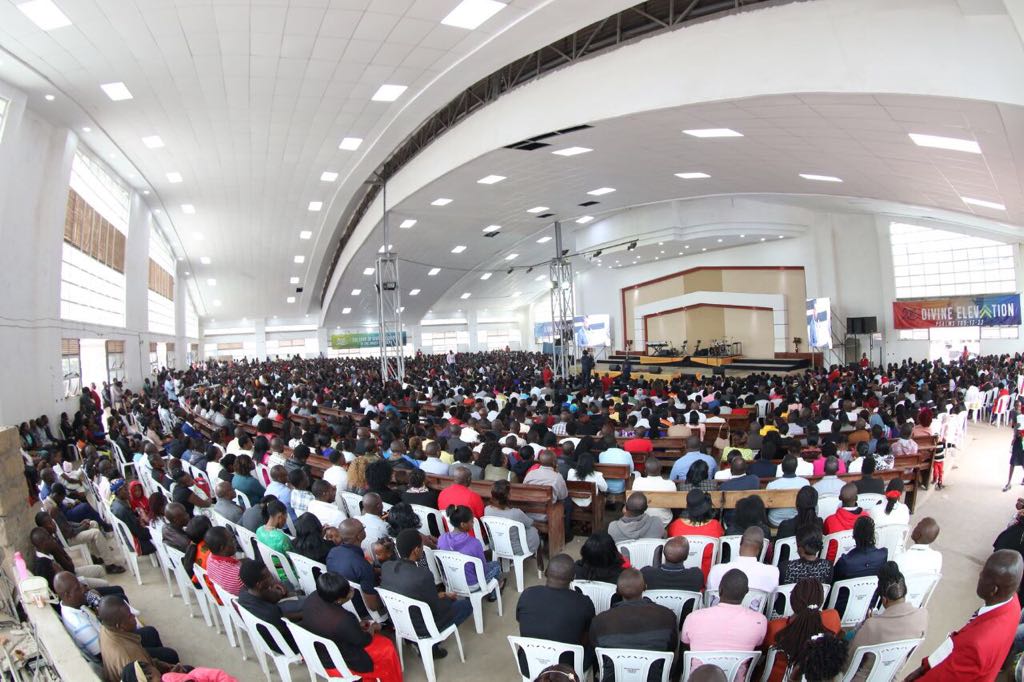
Social life
Umoja has a litany of bars and restaurants. It is served by 2 major markets in Umoja 1 and Umoja 2.
Business is particularly booming and very active within and immediately outside the precints of those two markets.
Most youths are jobless and spend most part of the day especially in the evening drinking liquor or chewing khat.
Umoja can be accessed from the Nairobi Central Business District either through Jogoo Road and Outer Ring Road, or through Buruburu and the newly constructed Mutindwa Road. The estate is served by matatus number 19, 35 and 60. Taxis from the city centre will charge you Sh1,500, but from the Jomo Kenyatta International Airport, you will part with about Sh2,500. Umoja is also within the reach of several large supermarkets in Buruburu and Donholm.
Major hospitals serving Umoja residents include Gertrude’s Garden Children’s Hospital at Donholm, the Wentworth Hospital, the Aga Khan Medical Centre and Mater Hospital in Buruburu. It’s also closer to a public hospital, the Mama Lucy Kibaki Hospital in Kayole. The security situation within Umoja is wanting, especially because of its proximity to the crime-prone Kayole and Kariobangi areas. The Buruburu Police Station and the Kayole Police Post serve this estate.
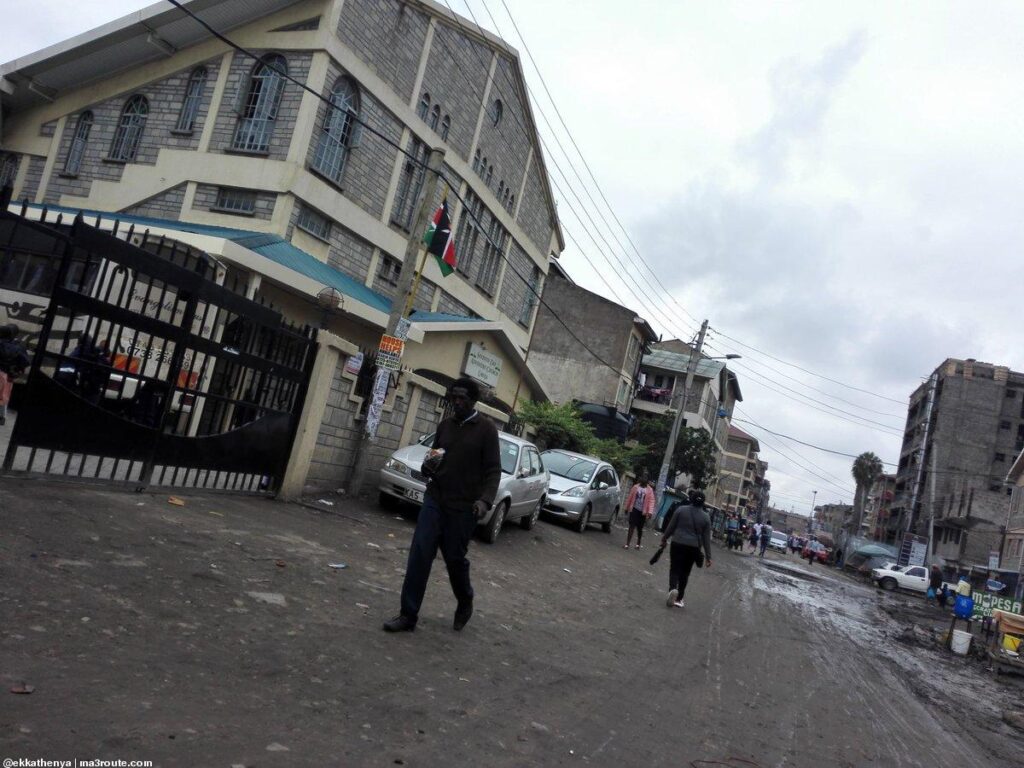
Religion
Umoja is predominantly christian, but there are other religions too including atheists.
Major churches serving the residents include Assumption of Mary Catholic Church, Deliverance Church, Kenya Assemblies of God (KAG), Seventh Day Adventists (both in Umoja and 2) and PCEA – Umoja.
As at now, there is only one major mosque in Umoja.
